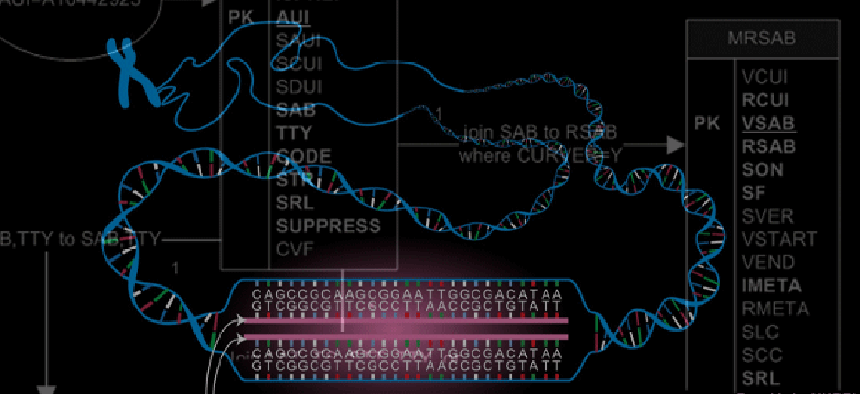NIH looking to build an online biomedical catalog


Connecting state and local government leaders
The agency is looking for ways to search, cite and link to research data, similar to the way PubMed handles scientific publications.
The National Institutes of Health wants a better way to find and cite biomedical research data as well as associated publications grants, so it is asking the community for ideas.
In a request for information, the National Human Genome Research Institute (NHGRI) said it is considering the development of a biomedical data catalog, similar to one NIH’s PubMed does for scientific publications.
NIH envisions the data catalog, different from a data repository, “would help make data in such repositories more easily findable and citable in a consistent manner. In addition to supplying core, minimal metadata to ensure a valid data reference, it is envisioned that a Data Catalog would include links out to the location of the data, to the NIH Reporter record of the grant that supported the research, to relevant publications within PubMed or journals, and possibly to associated software or algorithms,” NIH said.
The RFI falls under NIH’s Big Data to Knowledge (BD2K) Initiative, “which aims to facilitate broad use of biomedical big data, develop and disseminate analysis methods and software, enhance training for disciplines relevant for large-scale data analysis and establish centers of excellence for biomedical big data,” according to the BD2K website. Responses must be submitted via email to data-catalog@mail.nih.gov by June 25.
The effort is one of several NIH is making toward managing large stores of information. The agency, for instance, also is soliciting best practices on how to overcome the challenge of managing data generated by genome sequencing and the use of large-scale imaging technologies, which are "breaking the standard model by which researchers manage and analyze data," George Komatsoulis, chief information officer of the National Cancer Institute, part of NIH, wrote in an April blog post. NCI is asking its grantees for input on a set of pilot projects to test the feasibility of setting up a "cancer knowledge cloud" that would equip researchers with the computational tools they need to meet the big data demands of big science.
NEXT STORY: Gamification isn't about games, but the players




